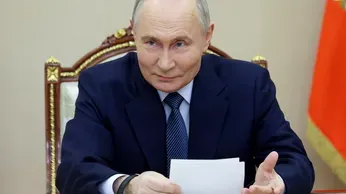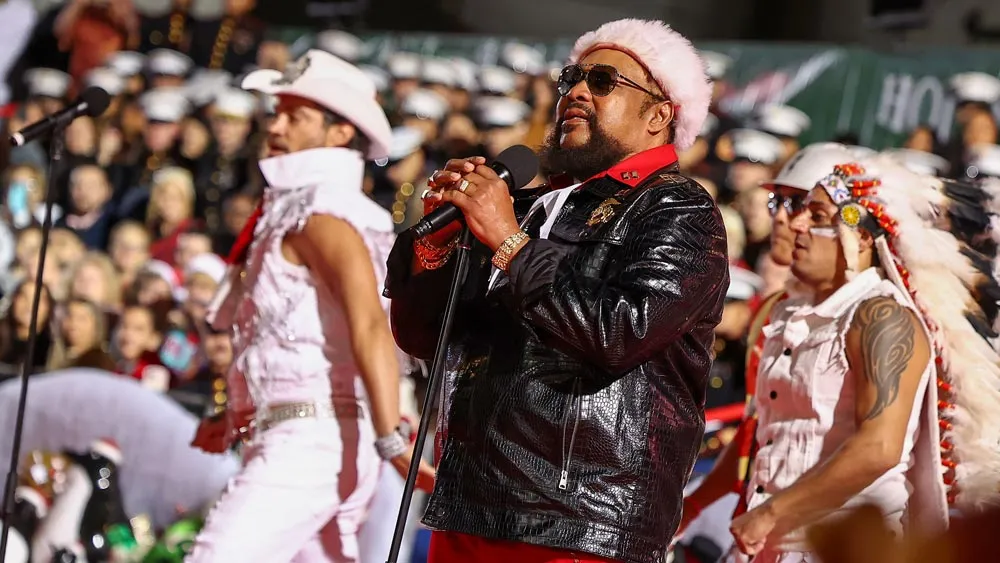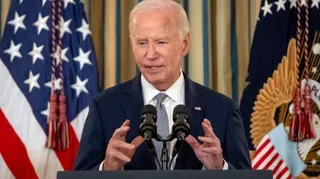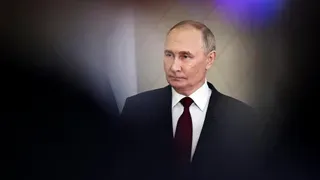
November 25, 2024
Moscow Bans Adoption of Russian Children to Countries that Allow Gender Transition
READ TIME: 2 MIN.
Russian President Vladimir Putin on Saturday signed into law a bill banning adoption of Russian children by citizens of countries where gender transitioning is legal.
The Kremlin leader also approved legislation that outlaws the spread of material that encourages people not to have children.
The bills, which were previously approved by both houses of Russia's parliament, follow a series of laws that have suppressed sexual minorities and bolstered longstanding conventional values.
Russian lower house Speaker Vyacheslav Volodin, who was among the new bill's authors, said in a Telegram post in July that "it is extremely important to eliminate possible dangers in the form of gender reassignment that adopted children may face in these countries."
The adoption ban would apply to at least 15 countries, most of them in Europe, and Australia, Argentina and Canada. Adoption of Russian children by U.S. citizens was banned in 2012.
Other bills approved Saturday ban what they described as propaganda for remaining child-free and impose fines of up to 5 million rubles (about $50,000). Its proponents contended that public arguments against having children are part of purported Western efforts to weaken Russia by encouraging population decline.
Putin and other top officials in recent years have increasingly called for observing so-called traditional values as a counter to Western liberalism. As Russia's population declines, Putin has made statements advocating large families and last year urged women to have as many as eight children.
Russia last year banned gender-transition medical procedures and its Supreme Court declared the LGBTQ+ "movement" to be extremist.
In 2022, Putin signed a law prohibiting the distribution of LGBTQ+ information to people of all ages, expanding a ban issued in 2013 on disseminating the material to minors.
Since he sent troops into Ukraine in February 2022, the Kremlin leader has repeatedly characterized the West as "satanic" and accused it of trying to undermine Russia by exporting liberal ideologies.
Independent journalists, critics, activists and opposition figures in Russia have come under increasing pressure from the government in recent years, intensifying significantly amid the conflict in Ukraine. Hundreds of nongovernmental groups and individuals have been designated as a "foreign agent" – a label that implies additional government scrutiny and carries strong pejorative connotations.







